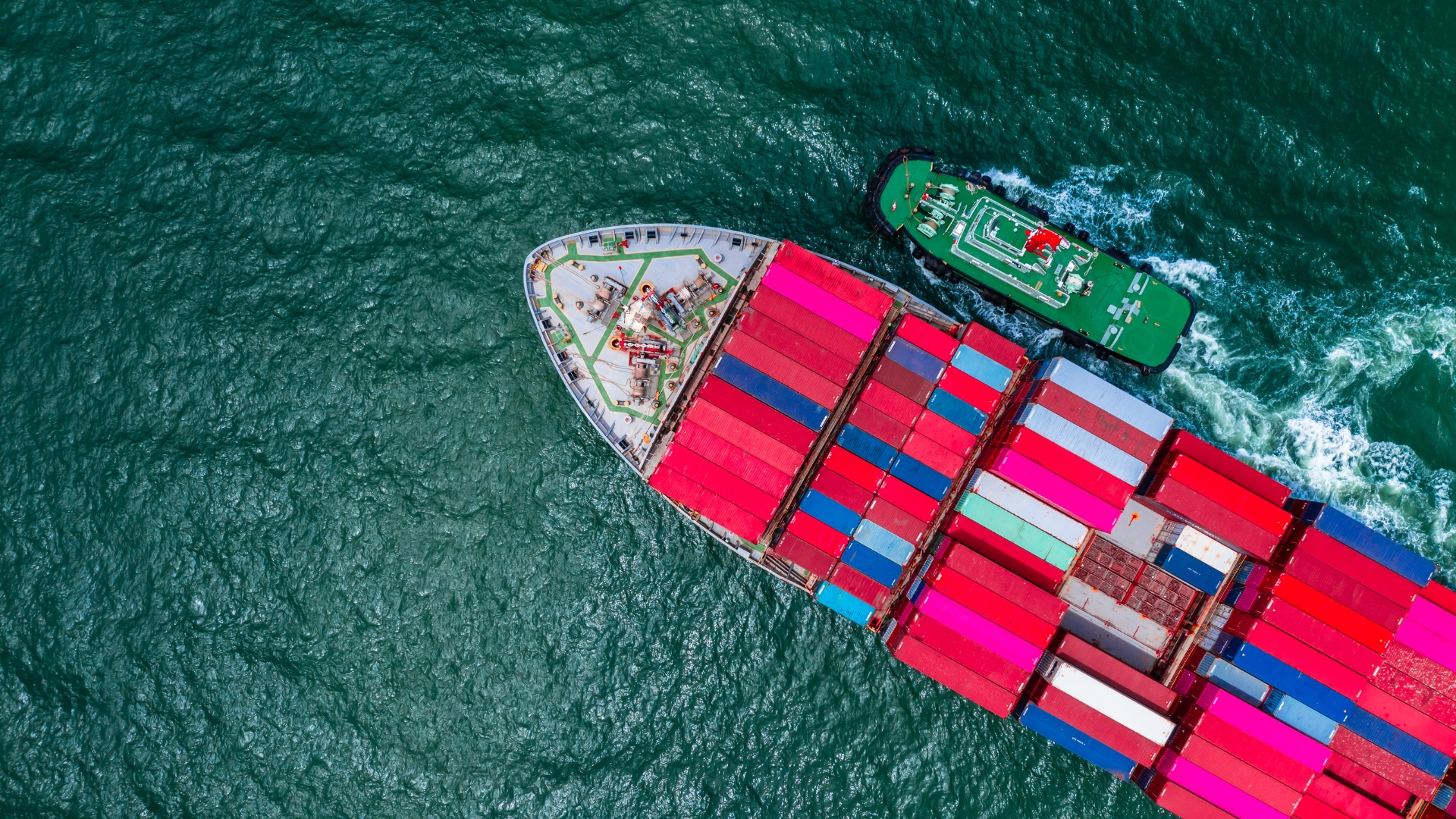Higlighted insights
Insights
-
International real estate: we know business
-
The art of balance: Global Center on Adaptation
-
E-Invoicing Navigator
-
 April 08, 2025
April 08, 2025Public CbCR in the Netherlands: are you required to disclose more data?
-
Public CbCR: the next step in reporting transparency
-
Customs Talks: US tariffs and the response of the European Union
-
Amount B: Transfer Pricing simplification for baseline marketing & distribution activities
-
Where can Amount B be applied to baseline marketing & distribution activities?
-
E-invoicing in the Netherlands
Previous






.png)


.png)